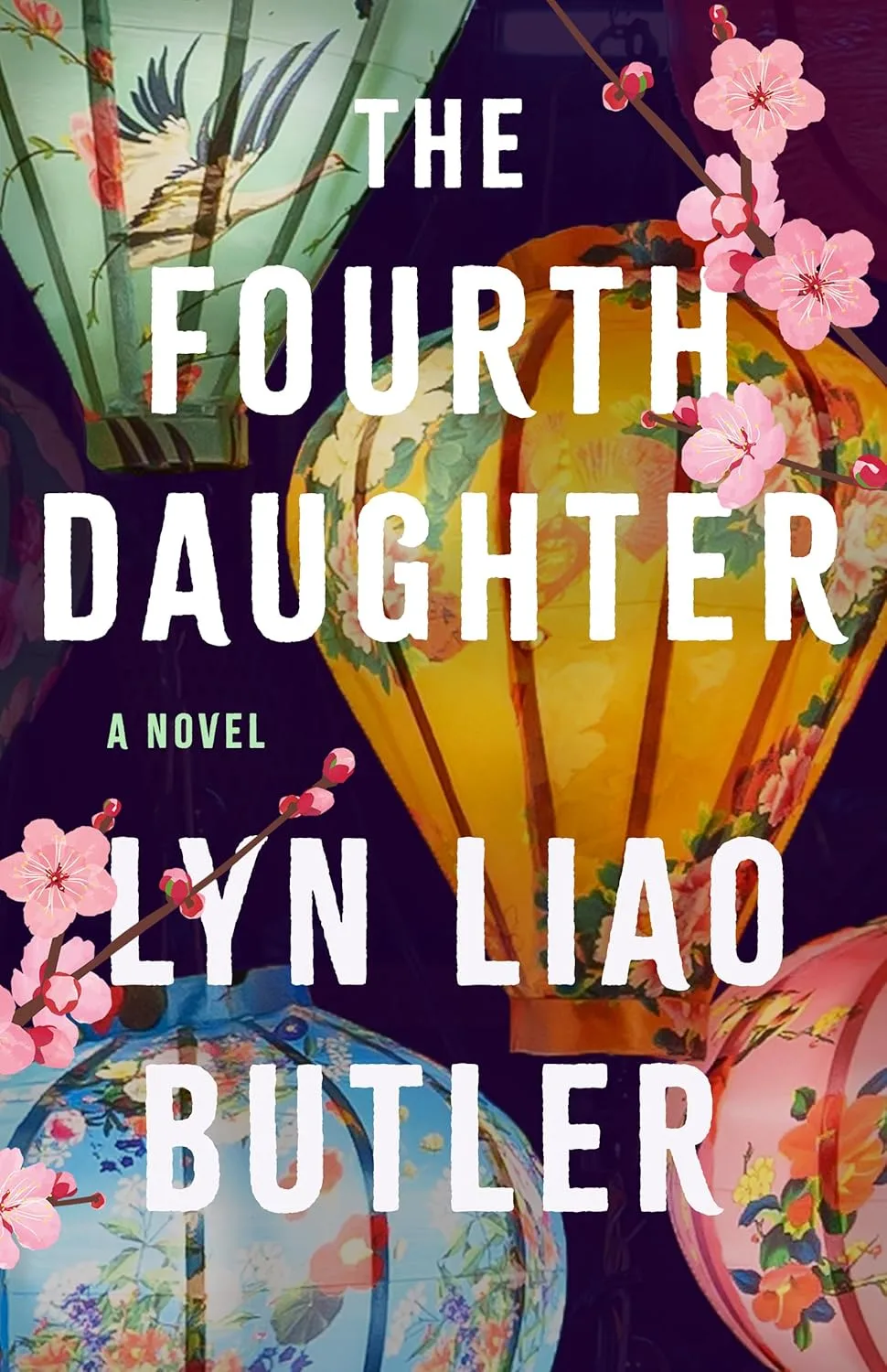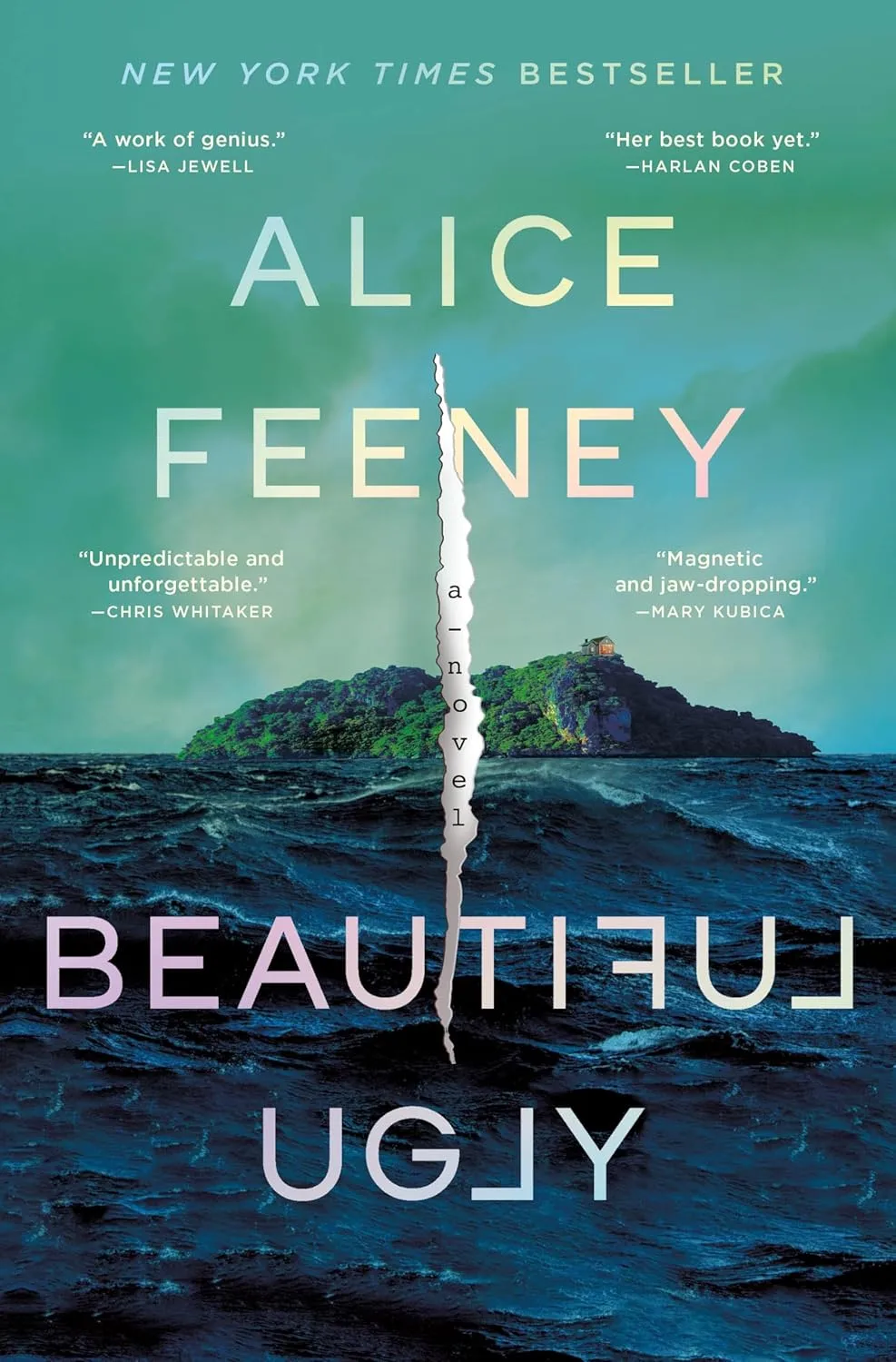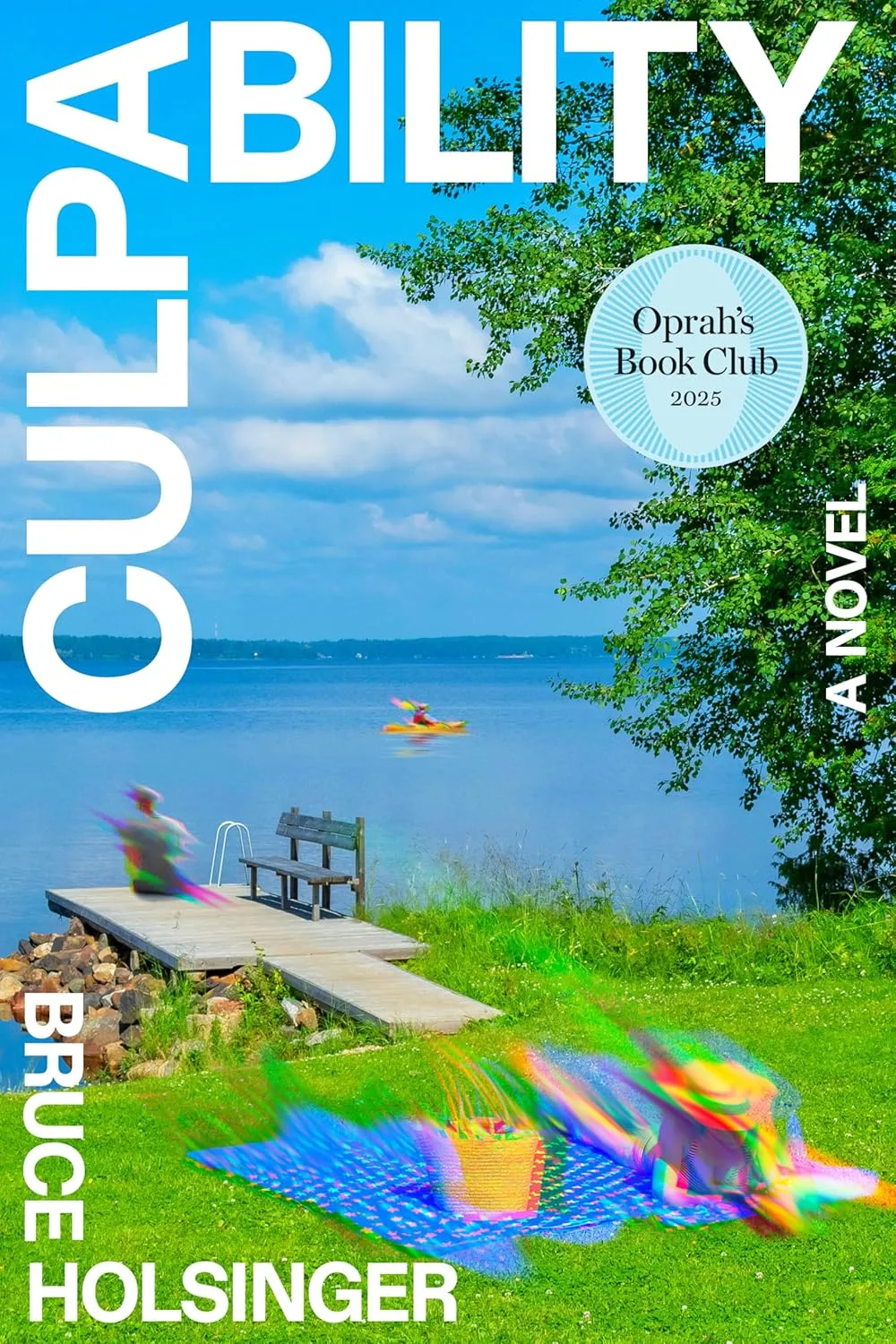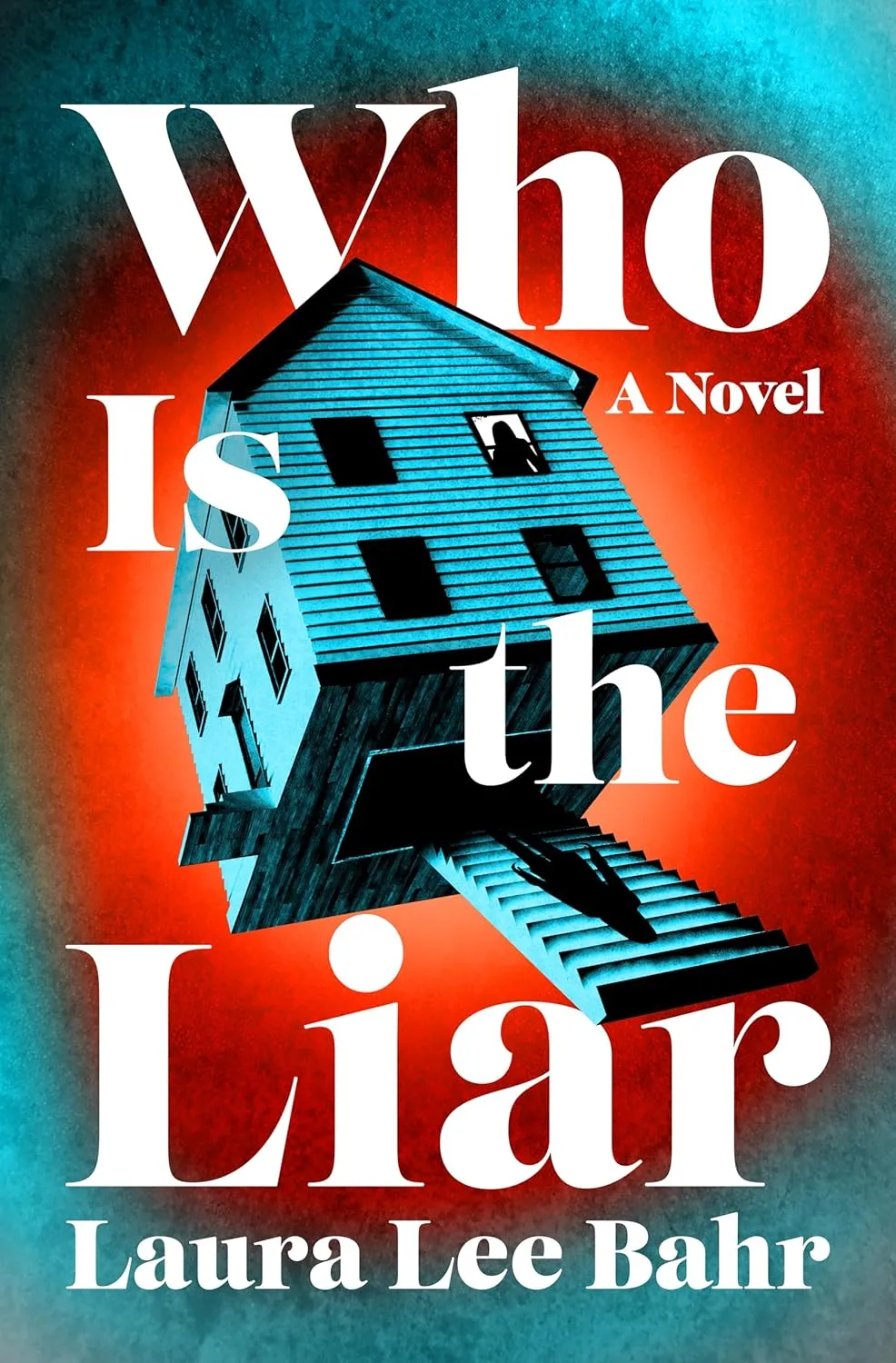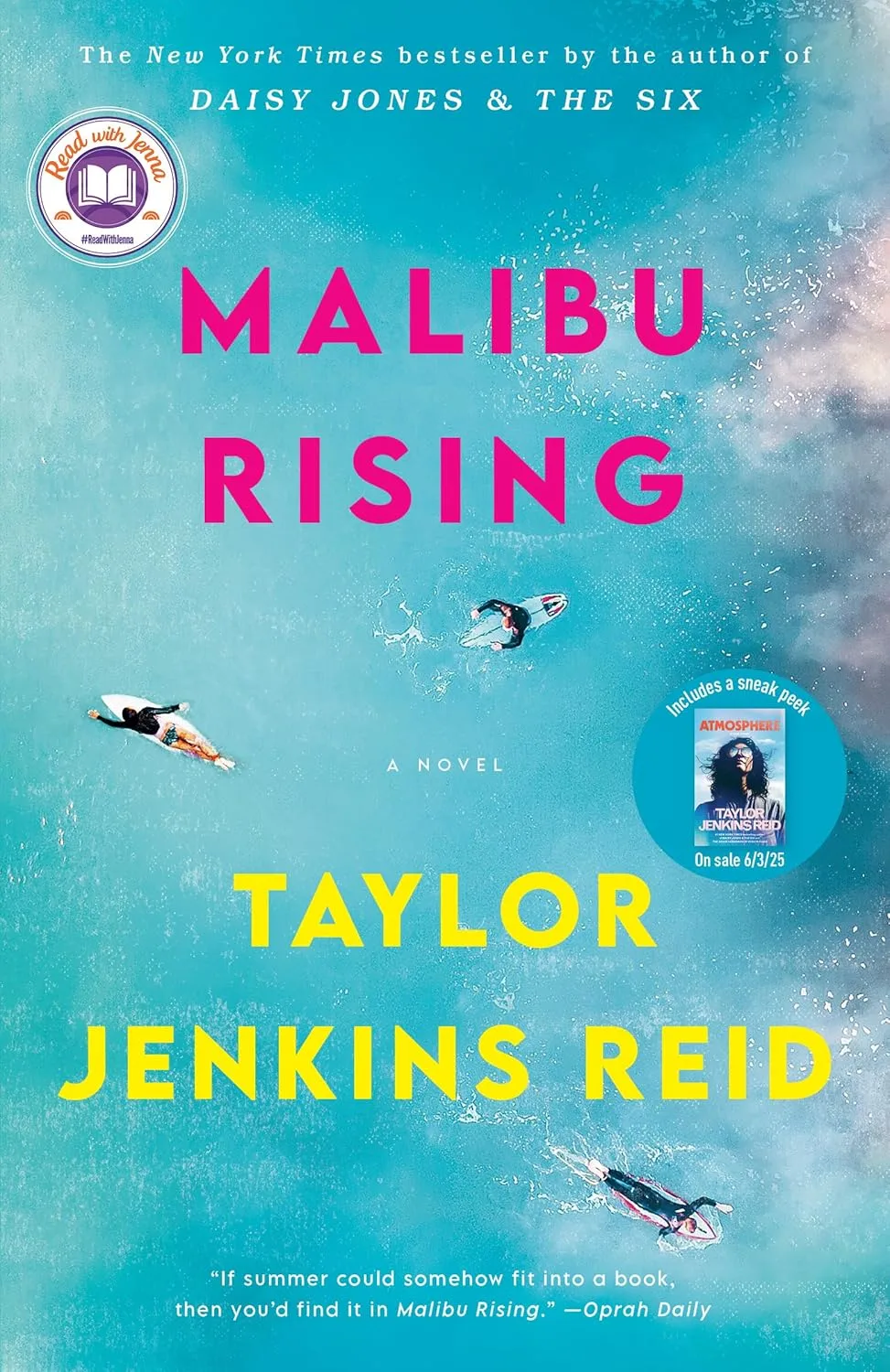Overview
The Fourth Daughter is a powerful multigenerational family saga that weaves together past and present, taking readers from modern-day Manhattan to historical Taiwan. This moving novel follows Chef Liv Kuo, whose rising culinary career is derailed by trauma, and her beloved grandmother Ah-Ma, who harbors a decades-old secret about a missing daughter. Set against the backdrop of Taiwan’s tumultuous history under martial law, the story explores themes of family bonds, cultural identity, and the healing power of food and tradition.
Chef Liv Kuo’s star is on the rise…until a traumatic incident leaves her emotionally unable to venture outside her Manhattan apartment. But an unexpected reason to break free comes from Ah-Ma, Liv’s beloved grandmother in Taiwan. Ah-Ma needs Liv’s help in finding her fourth daughter, taken from her when the girl was an infant.
Key Takeaways
| Element | Details |
|---|---|
| Genre | Family Saga, Historical Fiction, Cultural Fiction |
| Setting | Modern Manhattan and Historical/Contemporary Taiwan |
| Time Period | Dual timeline: Present day and Taiwan’s martial law era |
| Main Characters | Liv Kuo (chef) and Ah-Ma (grandmother) |
| Central Mystery | Finding Ah-Ma’s fourth daughter, missing for 60+ years |
| Publication | August 1, 2025 (Lake Union Publishing) |
Book Structure
Format: Dual timeline narrative structure
- Present Day: Liv’s recovery from trauma and journey to Taiwan
- Historical Timeline: Ah-Ma’s experiences during Taiwan’s martial law period
- Cultural Bridge: Food traditions and family recipes connecting generations
Narrative Style: Butler takes us from modern-day New York to the Taiwan of the past, exploring identity, sacrifice, and the power of finding our way home
Pacing: Effortlessly melding family, food, and history into a multigenerational saga that kept me turning the pages well into the night
About the Author
Lyn Liao Butler, author of upmarket fiction, thrillers, and rom-coms, was born in Taiwan and moved to the States when she was seven. Before becoming an author, she was a professional ballet and modern dancer, and is still a personal trainer, fitness instructor, and yoga instructor. She loves sewing for her Etsy shop and is an avid dog lover.
Lyn Liao Butler’s parents are from Taiwan, and often Taiwanese culture and food are featured in her novels, but in her newest novel, “The Fourth Daughter,” we are immersed in Taiwan, both in its crowded, colorful present and in its violent and politically fraught past.
Butler’s personal connection to Taiwan and her multicultural background bring authenticity and depth to the novel’s exploration of identity and belonging.
Why This Book Resonates
The Fourth Daughter strikes a powerful chord with readers because it addresses universal and timely themes:
- Intergenerational Trauma: Explores how family secrets and historical trauma affect multiple generations
- Cultural Identity: Examines the immigrant experience and connection to heritage
- Food as Memory: Celebrates how culinary traditions preserve culture and heal relationships
- Historical Awareness: Sheds light on Taiwan’s martial law period, educating readers about lesser-known history
- Family Bonds: Shows the unbreakable connections between grandmother and granddaughter
- Healing and Recovery: Addresses trauma recovery and finding strength through family support
Ideal Audience
Perfect for readers who enjoy:
- Historical Fiction Enthusiasts: Those interested in Asian history and Taiwan’s martial law era
- Family Saga Lovers: Readers drawn to multigenerational stories spanning decades
- Cultural Fiction Fans: Those who appreciate authentic portrayals of immigrant experiences
- Food Literature Devotees: Readers who love stories where cuisine plays a central role
- Mother/Daughter Relationship Stories: Those interested in complex family dynamics
- Healing Journey Narratives: Readers seeking stories about overcoming trauma and finding hope
Memorable Quote
“A beautiful multigenerational story that asks if we can ever truly regain the things we have loved and lost, The Fourth Daughter is a wonderfully transportive novel of family, identity, acceptance, and healing—and a sensory delight for foodies and would-be travelers.”
Central Themes
| Theme | Description |
|---|---|
| Lost and Found | The search for missing family members and lost connections |
| Historical Trauma | Impact of Taiwan’s martial law period on families |
| Cultural Heritage | Preserving traditions through food and storytelling |
| Healing Through Food | How cooking and sharing meals create bonds and comfort |
| Identity and Belonging | Navigating cultural identity across generations |
| Mother Love | The enduring strength of maternal bonds across time |
| Secrets and Truth | How family secrets shape lives and relationships |
| Resilience | Surviving political upheaval and personal trauma |
Frequently Asked Questions
Q: Do I need knowledge of Taiwanese history to understand this book? A: No, Butler provides historical context within the narrative. The book serves as both entertainment and gentle education about Taiwan’s martial law period.
Q: How prominent is food in the story? A: Food plays a central role as “a sensory delight for foodies,” with cooking and traditional recipes serving as bridges between generations and cultures.
Q: Is this book emotionally heavy? A: While it deals with serious themes like trauma and historical oppression, it’s ultimately hopeful and healing, focusing on love, resilience, and family bonds.
Q: Can this be read as a standalone novel? A: Yes, this is a complete standalone story that doesn’t require reading Butler’s other works.
Final Thoughts
The Fourth Daughter succeeds brilliantly as both an engaging family drama and a meaningful exploration of historical trauma. Lyn Liao Butler has woven a stunning tale of love, loss, and the unbreakable ties of family that doesn’t shy away from difficult truths while celebrating the resilience of the human spirit.
The story reveals how a precious old cookbook and a tale of fatal betrayal shakes everything Liv believed about her family—revelations that could change their lives forever. The novel’s strength lies in its authentic portrayal of the immigrant experience, the power of food to preserve culture and heal relationships, and the courage required to confront family secrets.
Readers appreciate how the book “reveals much about the treatment of women in a troubled time in the history of Taiwan” while featuring “relatable characters” and “natural dialogue.” The plot delivers both emotional resonance and historical education, making it both entertaining and enlightening.
Butler’s skillful weaving of past and present, combined with her intimate knowledge of Taiwanese culture, creates a rich, immersive experience that will linger with readers long after the final page. This is a novel that celebrates the complexity of family, the importance of cultural memory, and the healing power of love and food.
Historical Context
The novel provides insight into Taiwan’s martial law period (1949-1987), helping readers understand:
- The political upheaval that separated families
- The restrictions and fears that shaped daily life
- How historical trauma affects subsequent generations
- The resilience of people surviving authoritarian rule
Culinary Elements
Food serves multiple narrative functions:
- Cultural Preservation: Traditional recipes maintain family heritage
- Emotional Healing: Cooking and sharing meals provide comfort
- Memory Triggers: Specific dishes evoke powerful memories
- Relationship Building: Food preparation creates bonding opportunities
- Historical Documentation: Recipes tell the story of survival and adaptation

